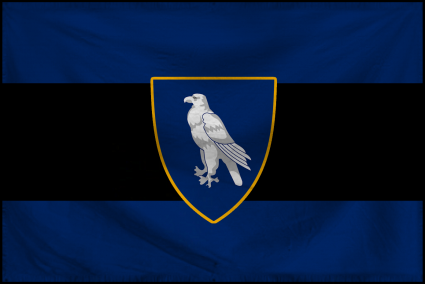Upper Magica wrote:Dragos Bee wrote:
What nations are open now after all the various drops?
I was gonna be dropping the Gran Colombian and Yugoslavian reservations, as well as the Polish-Lithuanian one.Ovstylap wrote:I am sorry but unfortunately I will have to withdraw from the RP- I am fully happy for any of my creation to be used, even word for word, but real life has just been happening far too fast for me to take on the role of such a potentially important power. Although I might consider coming in as a somewhat less important one, I think it would only be fairer for Poland-Lithuania or some such country to be left open.
In a way, explaining the RL things would make more sense to any frustration people have since they've been excited or helped with my concept, but you'll just have to trust me. I'd always rather say I'm going to withdraw than just go silent.
Cheers,
Ovsti
Ah crap. It's no problem; I appreciate your being upright. IRL comes first.
On another note, the map'll be updated and I'll probably have another post up when my power comes back; nasty storms rolled through my neck of the woods, so that's inconvenient.
That reminds me, when you can please put all of China except Tibet under my color. Even if it doesn't reflect actual control, it reflects nominal control and I think it should be made clear that China is united at least for now.















